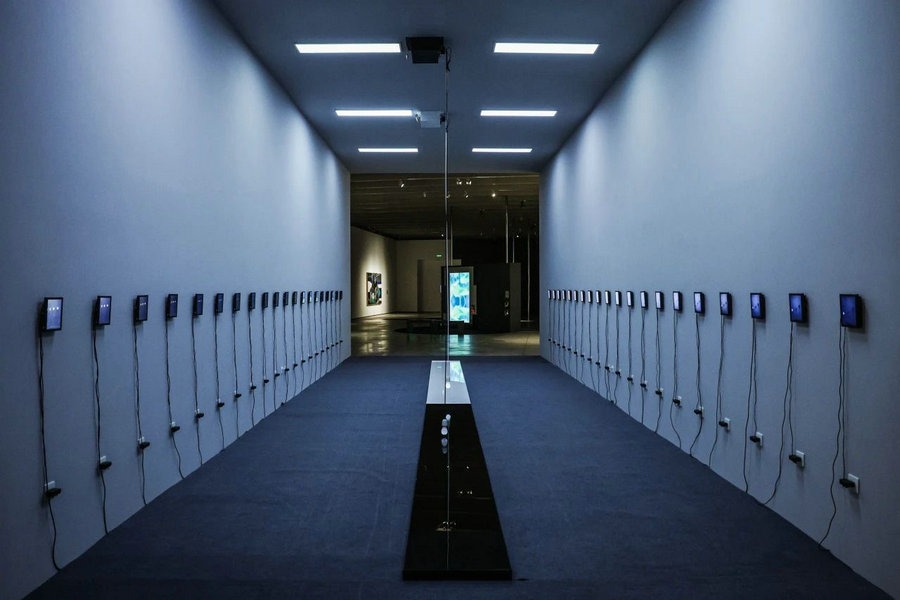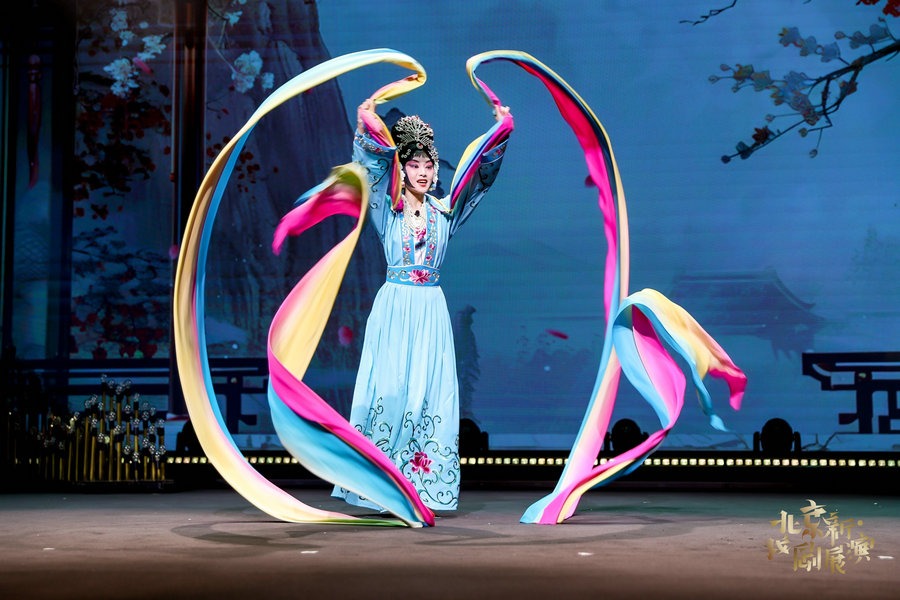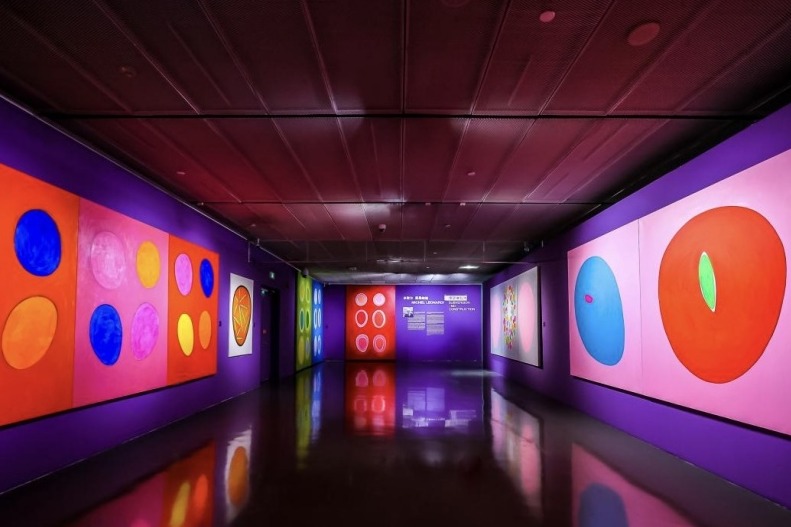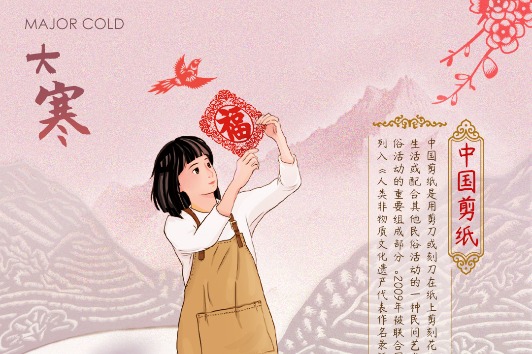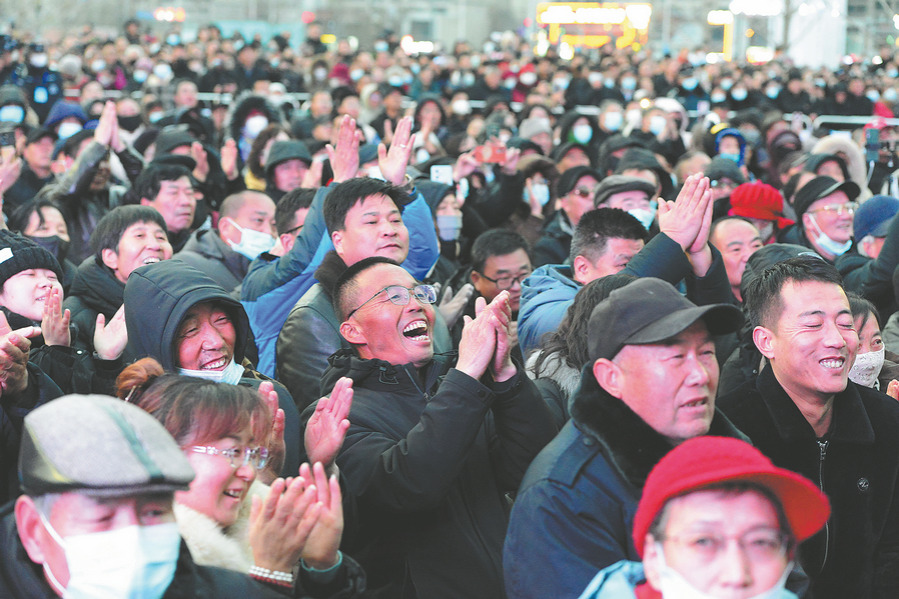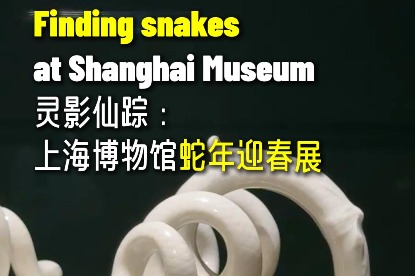Board gamers set for one smart move ahead

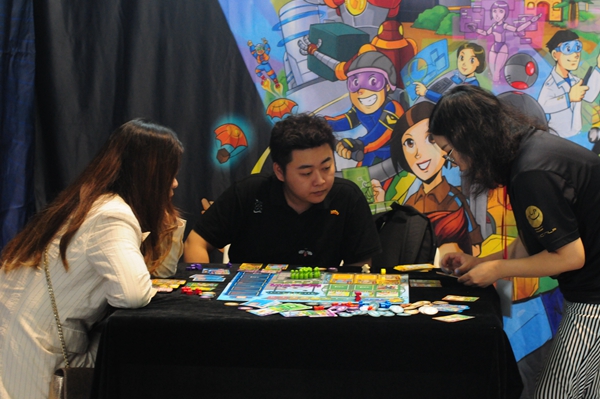
Zhu says it also adapted a game based on European history by adding Chinese history and new chromatic cards, so that it will be familiar and easy for Chinese gamers.
"The modern history of board games in the West can be dated back to about 80 years ago. But in China it's less than 20 years. Playing board games is still a niche hobby in China," he says.
"Also, the pace of life in China is fast and many people don't have the time to spend two or more hours on a board game. And some like to play video games on their smartphone, which are faster."
Besides traditional board games, puzzle books at the convention also attracted interest.
A puzzle book called Wujincang (literally meaning "endless treasures") allows readers to rediscover the artifacts of the Shaanxi History Museum through an interactive experience. A crowdfunding project was launched in February for the book and collected more than 676,000 yuan, with 2,968 supporters within 46 days.
The book's content is a handwritten diary of an old staff member of the museum, with accessories such as a hairpin, compass, letter, newspaper and photo negatives. And gamers have to download a mobile phone app, through which they can test and verify their answers to the puzzles in the book.
"Puzzle books are a new product in the game market. With enhanced game experience, players can also learn more about Chinese history and culture," says Huang Yiming, from Sichuan-based Boxed Lightning Games Studio, who's in charge of the puzzle book design.
He communicated with experts from the museum and chose some classic collections and integrated them into the book.
For example, one accessory is a black polyhedron seal that helps gamers to solve puzzles. It's based on ancient seal of Dugu Xin, a general from the Western Wei Dynasty (535-556).


















